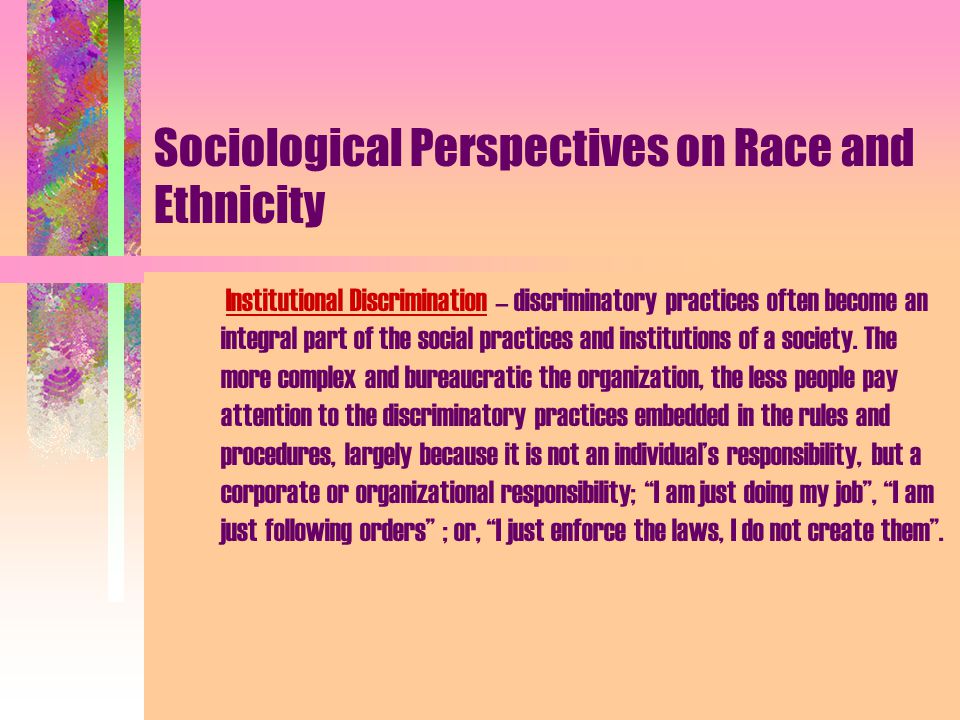Relevance: Sociology: Paper II: Racism
Indian advertisements and celebrities, being few of the most influential stakeholders that define beauty for most Indians, are also capitalizing on racial hierarchy by endorsing whitening and skin lightening beauty products. This shows how deeply rooted structural racism that exists in the Indian society even in the 21st century.
Indian media, just like western media, promotes extremely narrow standards of female beauty, most alarming one being fairness. One of the most famous whitening cream brands in India is called Fair and Lovely. It has the highest market share (90%) in the industry and sells approximately 233 tonnes of skin lightening lotion per year (Mehta 2014).

Fair and Lovely’s latest advertisement known as the “airhostess ad” features a young, dark skinned airhostess whose salary is not high enough. Her father, lamenting at the fact that he had no son, suggests that she should get married soon as she couldn’t be successful.
Then, the girl uses the whitening cream and becomes 7 shades lighter and becomes a really successful airhostess, earns more money and makes her father proud. There are a couple of things that are wrong with this advert.
Not only does this advertisement ascribe more power to white supremacy and show that light skinned is superior to dark skin, it also asserts that light skin guarantees more opportunities in life, both of which are false. The ad is undermining the girl’s intelligence and hard work by saying that all she needed to be successful was lighter skin.
Additionally, the advert, by sending the message that fair skin is synonymous to success and beauty, is essentially insulting India’s independence. The advert is encouraging Indians to look like the British colonialists (fair skinned were the ruling class and associated with wealth and power) even though they ruled, exploited and oppressed Indians for 200 years.
Hence, Indian ads should promote healthy skin treatments instead of endorsing racist beauty norms.
Despite embracing colorism, it is a prime example that highlights the existence of racism in India.
This can be demonstrated through the fact that Dove advertisements often show variations of skin tones and try to be racially inclusive; however, at the same time, they launch ubiquitous whitening products such as underarm whitening deodorant. This illustrates structural racism in India.
Dove, just like every other Indian beauty company, is not only giving weight to beauty stereotypes, but also promoting racial hierarchy by capitalizing on inequality between light and dark skin. It is continuing the colonial legacy by mocking our independence as explained previously.
Likewise, it is alarming to see that leading Indian Bollywood celebrities contribute to the fascination of white skin by appearing in skin whitening advertisements.
This highlights structural racism because celebrities who endorse skin-whitening products are promoting white supremacy even though they defend themselves by saying that they don’t equate dark skin with ugliness. In this way, Indian celebrities highlight structural racism that exists in the Indian society.
Insane beauty ideals enforced by the media isn’t going away but rather becoming omnipresent even though the advisory standards council of India has officially banned discriminatory commercials for fairness products in 2014.
It is easy to blame the media, celebrities and the monopolistic beauty industry for capitalizing unfair beauty standards, structural racism, racial hierarchy and even sexism (ironic) because they are the most influential stakeholders in India; however, the root of the problem exists in the Indian society. The beauty companies will continue to advertise and produce their skin lightening products as long as there is a demand for it. Indians need to stop associating fair skin to wealth and power.
It is astounding to see the extent to which skin pigment plays a role in defining one’s identity. It defines human capabilities, potential, intelligence, success and more.
A fair skinned being is regarded as a successful person who is intelligent and a capable worker and a fair female is generally perceived to be a good wife whereas, a dark skinned being is regarded as an ugly person who doesn’t have a good personality and is leading an unsuccessful and unfortunate life. Indians need to stop giving weightage to a skin color as it is inconsequential in terms of how beautiful or successful a person is going to be.
Albeit, this mind set is changing slowly; however, its not changing fast enough. Many choose to vent on social media even though it has proved to be ineffective outlet since the demand of whitening creams continues to increase contributing to the booming of the industry.

